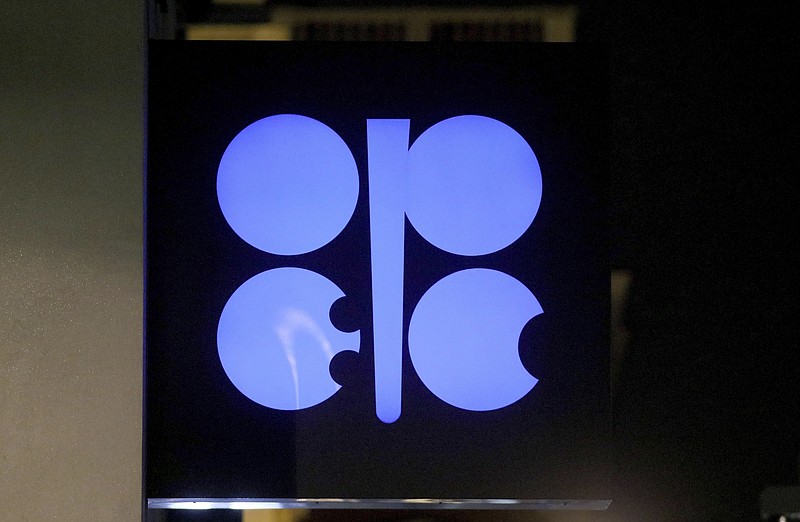FRANKFURT, Germany -- OPEC and allied countries including Russia agreed Thursday to increase oil production by 500,000 barrels a day starting in January and said they would meet monthly to decide further output levels, gingerly adding more crude to a global economy still suffering from the covid-19 pandemic.
The decision followed days of wrangling over whether to increase output at all early next year after the pandemic sapped demand for energy and clouded the outlook for the industry.
The OPEC members and a group of allies made deep cuts in production to support prices as the pandemic sharply reduced demand for fuel. Analysts said simply extending the 7.7 million-barrels-per-day in cuts was the course preferred by Saudi Arabia, which takes a leadership role among member countries, and also by Russia, the biggest of the nonmembers that have been cooperating with OPEC.
[CORONAVIRUS: Click here for our complete coverage » arkansasonline.com/coronavirus]
But they faced opposition from countries including the United Arab Emirates, which opposed the extension and wanted countries that had overproduced their quotas to make compensatory cuts.
Russian Deputy Prime Minister Alexander Novak said participants agreed that 2 million barrels a day needed to return to the market "at some point," but that any increase would be gradual. The monthly meetings could decide in either direction, up or down, he said.
Saudi Arabian Energy Minister Abdulaziz bin Salman referred to hopes that the recent wave of lockdown restrictions on businesses "are not hampering demand as in the first wave," but cautioned that "the jury is still out" and that "we need to be cautious" about ramping up production.
Oil-producing countries face a dilemma: producing more increases their revenue but could send prices lower, especially given still-weak demand and uncertain prospects for the speed and timing of a post-pandemic economic recovery.
Information for this article was contributed by Cathy Bussewitz of The Associated Press.

